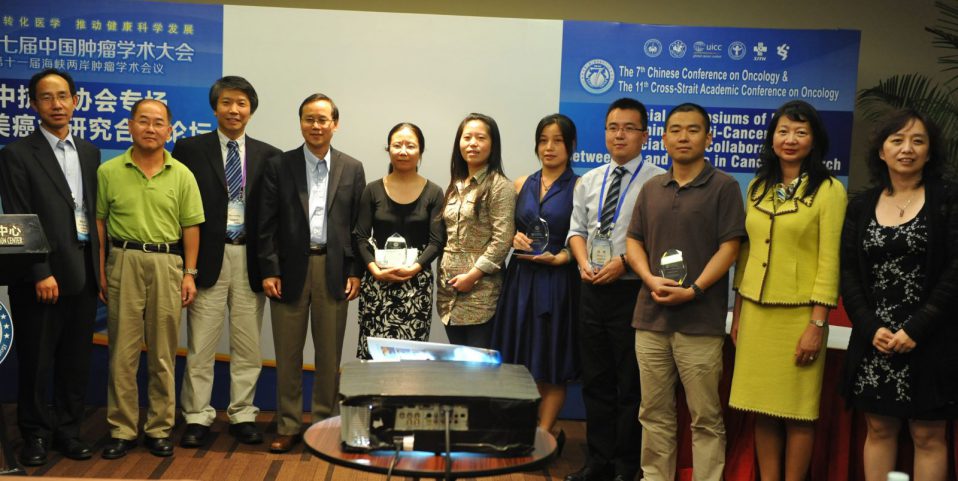The Asian Fund for Cancer Research (AFCR) today announced the addition of Professor Kanaga Sabapathy, Head of the Division of Cellular & Molecular Research and Director of Planning & Strategy at The National Cancer Center Singapore, to its Scientific Advisory Board. Dr. Sabapathy obtained his Ph.D. in Molecular and Cellular…...
GBM AGILE: A Patient’s Perspective
Speech by AFCR Founder and CEO Dr. Ba Sujuan at the Beijing GBM AGILE Press Conference (21 January, 2016) Brain cancer patients are remarkably courageous. So are their caregivers, families and friends. The financial and emotional burden to GBM patients and indeed all brain cancer patients is massive. Because of the debilitating…...
Male Smokers More Likely to Lose Y Chromosomes
By Gunjan Sinha If cancer, heart disease, and emphysema weren’t bad enough, male smokers may have another thing to worry about: losing their Y chromosomes. Researchers have found that smokers are up to four times more likely to have blood cells with no Y chromosome than nonsmokers. That’s worrisome, they…...
“United Dream, Shared Success” 2013 Chinese Clinical Oncology Advances Awards Announced
From China Medical Tribune In January 2014, "2013 Chinese Clinical Oncology Advances Awards " organized by China Medical Tribune (CMT) and the Chinese Society of Clinical Oncology (CSCO) has finalized the top researches from China (a number of studies have tied votes). The achievements of Chinese clinical and basic oncology…...
2012 AFCR-USCACA Scholar Excellence Award
On September 7, 2012, the Asian Fund for Cancer Research and the US Chinese Anti-Cancer Association(USCACA) jointly awarded five outstanding young Chinese cancer researchers the 2012 AFCR-USCACA Scholar Excellence Award. Chinese researchers and physicians are being increasingly recognized in making significant contributions to advance biomedical researches including cancer research in China and the…...
Gender and Ethnicity Influence the Risk of Dying from Lung Cancer in Non-Smokers
Men who have never smoked are more likely to die from lung cancer than women, as are Asians who live in Asia compared with individuals of European decent. An international team of investigators drew these conclusions from an analysis of 13 prospective studies that involved 63,000 individuals for tracking lung…...




